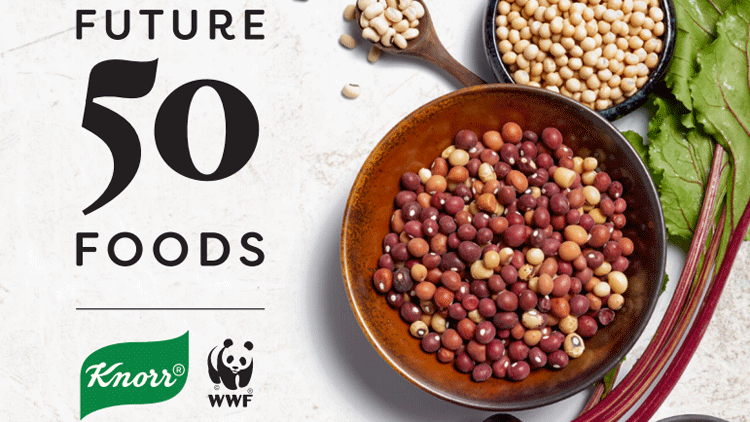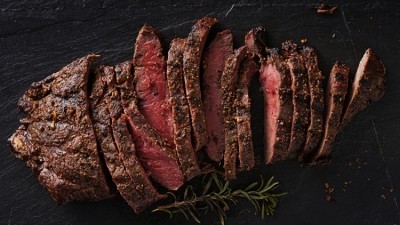The Lowdown: The Future 50 Foods report

Let me guess, insects and Impossible Burgers?
Neither of those. This recently launched list is concerned with non-processed ingredients and is exclusively plant-based aside from algae; photosynthetic creatures that are neither plant or animal. Split into sections including beans and pulses, cacti, and tubers, the report seeks to shine a light on ingredients that are healthy for both people and the planet.
So what’s on it?
The ingredients range from the familiar - pak-choi, okra - to the virtually unknown, including Africa’s oldest cultivated cereal fonio and moringa, a tree leaf that can be made into a highly nutritious green powder. The list also highlights products that are often wasted, including pumpkin flowers and leaves, and beetroot tops.
Anything really out there?
From a British perspective the most eyebrow raising ingredient is probably nopales, a type of cacti that is a common ingredient in Mexican cuisine. It has an impressive list of properties including helping with both weight loss and hangovers. The leaves and flowers can be eaten raw, cooked, or made into juices or jams.
How were the foods chosen?
The Future 50 Foods panel looked at ‘nutritional value, relative environmental impact, flavour, accessibility, acceptability and affordability’. The criteria was informed by the United Nations Food and Agricultural Organisation’s definition of sustainable diets. Some of the Future 50 Foods have higher yields than similar crops, several are tolerant of challenging weather and environmental conditions, and many contain significant amounts of critical nutrients.
Who is behind the report?
Unilever’s Knorr brand and the World Wide Fund for Nature (WWF). The beginning of the report is rather sobering. By 2050 the world will be home to nearly 10 billion people and in order to feed them all the gobal food system must change. “Globally we rely on a small range of foods,” the report says. “This negatively impacts our health and the health of the planet. Seventy-five percent of the global food supply comes from only 12 plant and five animal species. Just three (rice, maize, wheat) make up nearly 60 percent of calories from plants in the entire human diet.”

















